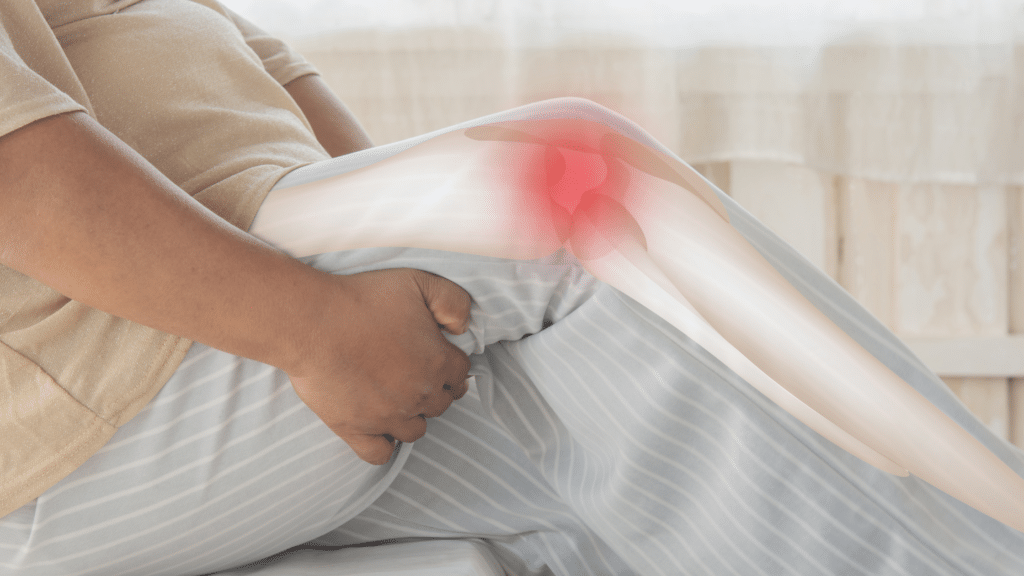Musculoskeletal conditions encompass a wide range of disorders that affect the bones, muscles, joints, ligaments, tendons, and other connective tissues in the body. These conditions can cause pain, limit mobility, and significantly impact a person’s quality of life. From the common arthritis to sprains and fractures, orthopedists play a crucial role in diagnosing, treating, and managing musculoskeletal conditions. In this article, we will explore the various musculoskeletal conditions, their symptoms, and the vital role orthopedists play in their treatment.
Common Musculoskeletal Conditions and Their Symptoms
- Arthritis: Arthritis is a prevalent musculoskeletal condition characterized by inflammation of the joints. It can affect any joint in the body, causing pain, stiffness, swelling, and reduced range of motion. The most common types of arthritis are osteoarthritis, rheumatoid arthritis, and gout. While osteoarthritis is typically age-related, rheumatoid arthritis is an autoimmune disease that affects the joints symmetrically. Gout, on the other hand, results from a buildup of uric acid crystals in the joints, leading to sudden and severe pain.
- Sprains and Strains: Sprains and strains are common musculoskeletal injuries that can occur during physical activities or accidents. A sprain refers to the stretching or tearing of ligaments, which are the fibrous tissues that connect bones to each other. Strains, on the other hand, involve the stretching or tearing of muscles or tendons. Symptoms of sprains and strains include pain, swelling, bruising, and limited movement in the affected area.
- Fractures: Fractures, or broken bones, are another common musculoskeletal condition. They can occur due to trauma, falls, sports injuries, or underlying conditions that weaken the bones, such as osteoporosis. Fractures can range from hairline cracks to complete breaks, and their symptoms include severe pain, swelling, deformity, and difficulty moving the affected area.
The Role of Orthopedists in Treating Musculoskeletal Conditions
Orthopedists are medical specialists who focus on the diagnosis, treatment, and management of musculoskeletal conditions. They undergo extensive training to become experts in their field, enabling them to provide comprehensive care for a wide range of conditions. When it comes to musculoskeletal conditions, orthopedists play a crucial role in several aspects of treatment:
- Diagnosis: Orthopedists are skilled in assessing patients’ symptoms, performing physical examinations, and ordering diagnostic tests such as X-rays, CT scans, and MRIs. Their expertise allows them to accurately diagnose musculoskeletal conditions and determine the most appropriate treatment plan.
- Non-Surgical Treatment: Orthopedists employ various non-surgical treatment options to manage musculoskeletal conditions. These may include medication, physical therapy, exercise programs, immobilization, bracing, and joint injections. Non-surgical treatments aim to reduce pain, inflammation, and restore function without the need for invasive procedures.
- Surgical Interventions: In cases where non-surgical treatments are ineffective or the condition requires immediate intervention, orthopedists are skilled in performing surgical procedures. From arthroscopic surgeries to joint replacements, they can address complex musculoskeletal conditions surgically, helping patients regain mobility and alleviate pain.
Non-Surgical Treatment Options
When it comes to managing musculoskeletal conditions, orthopedists often explore non-surgical treatment options before considering surgery. These non-invasive approaches can effectively relieve pain, improve function, and enhance overall quality of life. Some common non-surgical treatment options include:
- Medications: Orthopedists may prescribe pain-relieving medications, such as nonsteroidal anti-inflammatory drugs (NSAIDs), to reduce inflammation and alleviate pain associated with musculoskeletal conditions. Additionally, they may recommend other medications, like corticosteroids or disease-modifying antirheumatic drugs (DMARDs), to manage conditions like rheumatoid arthritis.
- Physical Therapy: Physical therapy plays a crucial role in the non-surgical treatment of musculoskeletal conditions. Orthopedists may refer patients to physical therapists who specialize in musculoskeletal rehabilitation. These therapists develop personalized exercise programs, stretches, and techniques to improve strength, flexibility, and mobility.
- Bracing and Immobilization: In some cases, orthopedists may recommend the use of braces, splints, or casts to immobilize and support the affected area. These devices provide stability, protect the injured area, and facilitate the healing process. They are commonly used for sprains, strains, and fractures.
Surgical Interventions
While non-surgical treatments are often the first line of defense, surgical interventions may be necessary for certain musculoskeletal conditions. Orthopedists are skilled in a variety of surgical procedures to address complex conditions and restore function. Here are some common surgical interventions:
- Arthroscopy: Arthroscopy is a minimally invasive procedure that allows orthopedists to visualize, diagnose, and treat joint conditions. It involves inserting a small camera, called an arthroscope, into the joint through a small incision. Orthopedists can then perform repairs, remove loose bodies, or clean out damaged tissue using specialized instruments.
- Joint Replacement: For severe arthritis or joint damage, orthopedists may recommend joint replacement surgery. This procedure involves removing the damaged joint and replacing it with an artificial joint made of metal or plastic. Joint replacements can significantly improve mobility, reduce pain, and enhance the overall quality of life for individuals suffering from advanced arthritis.
- Fracture Repair: When it comes to fractures, orthopedists are skilled in performing various surgical techniques to repair and stabilize broken bones. They may use metal plates, screws, rods, or external fixators to realign the bones and promote proper healing. Surgical intervention for fractures aims to restore function, prevent deformities, and minimize the risk of complications.
Importance of Seeking Medical Help for Musculoskeletal Conditions
Musculoskeletal conditions can significantly impact a person’s daily life, causing pain, limiting mobility, and affecting overall well-being. Seeking timely medical help from orthopedists is crucial for accurate diagnosis, effective treatment, and optimal management of these conditions. From non-surgical options like medications and physical therapy to surgical interventions such as arthroscopy and joint replacements, orthopedists offer a comprehensive range of solutions. If you or your loved one is experiencing musculoskeletal issues, do not hesitate to consult an orthopedist for expert care and guidance.
If you’re struggling with musculoskeletal pain or discomfort, make an appointment with an orthopedist at Advanced Orthopaedic Associates today to discuss your symptoms and explore the best treatment options for your condition. Don’t let musculoskeletal conditions hold you back from living a pain-free, active life!

